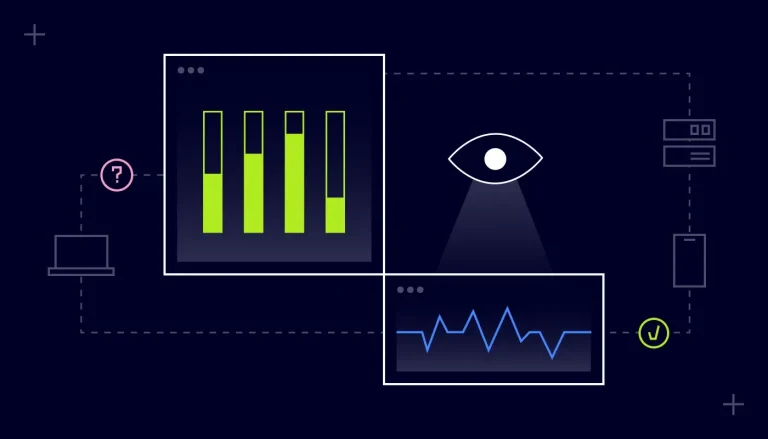
The intercooler is vital to the performance and health of your engine. When it fails, it’s more than a minor inconvenience; it’s a direct threat to your machine’s power, fuel efficiency, and long-term durability. It can slow your machine down — or even wreck the engine if you ignore it too long. In this guide, we’ll walk you through the key signs of a bad intercooler, common causes of failure, and the cost of ignoring these symptoms. Help you find and correct deficiencies during equipment inspection and maintenance.
The Critical Signs of a Failing Intercooler
A failing intercooler will give you clear warning signs. If you operate heavy machinery, learning to spot these is essential.
- Noticeable Decrease in Engine Power
This is the clearest symptom. If you feel that your machine is sluggish, struggling to climb grades, or can’t lift loads it used to handle easily, a leaking intercooler is a prime suspect. The leak allows the pressurized air from the turbo to escape before it reaches the engine, resulting in a loss of boost pressure. If you see these signs, it usually means it’s time to replace the intercooler — or at least give it a good check and fix what’s wrong. - Excessive Black Smoke from the Exhaust
Modern diesel engines are tuned to deliver a precise air-to-fuel ratio. The engine’s computer injects a specific amount of fuel based on the amount of air it expects to receive. When the intercooler leaks, less air actually makes it to the cylinders. The result is a fuel-rich condition, where there isn’t enough oxygen to burn all the fuel. This unburnt fuel comes out of the exhaust as thick, black smoke, especially under acceleration or load. - Increased Fuel Consumption
When your engine isn’t making its expected power, the natural response is to give it more throttle to get the job done. You’re pushing the machine harder and burning more fuel to compensate for the lost efficiency caused by the boost leak. If you find yourself filling up the tank more often than usual, it’s time to investigate. - Audible Hissing or Whistling Sounds
This is a dead giveaway of a leak. When the engine is under load and the turbo is producing boost, you may hear a distinct hissing or whistling sound coming from the engine bay. This is the sound of high-pressure air escaping from a crack in the intercooler itself or from a split hose or loose clamp. - Engine Overheating
While less direct, a bad intercooler can contribute to higher engine operating temperatures. By feeding the engine hotter-than-normal air, it puts additional thermal stress on the entire system. The engine’s main cooling system then has to work harder to compensate, and on a hot day under heavy load, it may not be able to keep up.
What Causes an Intercooler to Fail?
Intercoolers live in a tough environment. Failure is usually caused by one of these factors:
- Vibration and Fatigue: The constant vibration of a heavy-duty diesel engine can, over thousands of hours, cause fatigue cracks to form in the intercooler’s aluminum tanks or where the core is attached.
- External Impact: This is a major risk on job sites. Rocks, branches, or other debris can be kicked up and strike the intercooler, bending its fins (reducing efficiency) or puncturing its core (causing a major leak).
- Hose and Clamp Failure: The flexible hoses connecting the intercooler are often the first point of failure. They can become hard and brittle from heat and age, leading to cracks. The clamps holding them can also loosen over time due to vibration.
- Internal Contamination: If a turbocharger’s seals begin to fail, it can send engine oil into the intake system. This oil can coat the inside of the intercooler, reducing its ability to transfer heat and potentially degrading the rubber hoses.
The High Cost of Ignoring the Warnings
Continuing to operate a machine with a failing intercooler is a bad idea. It’s not a problem that will fix itself; it will only get worse and more expensive.
First, your productivity suffers. A slow, smoky machine that burns extra fuel costs you money every hour it runs. More importantly, you risk progressive engine damage. Running a rich fuel mixture can lead to carbon buildup on pistons and valves. Consistently high engine temperatures can reduce the life of your engine oil and put stress on head gaskets and other critical components.
Ultimately, ignoring the problem leads to more extensive repairs and more significant, unplanned downtime—the biggest cost of all for any equipment owner.
Conclusion
Whether it is a car or off-road equipment, the intercooler plays an important role in improving engine performance, and its failure is not a small problem. Recognizing the signs of failure—like power loss, black smoke, and hissing sounds—is crucial for preventing small issues from becoming major, costly repairs. If you find these signs on your machine, please repair it or replace the parts in time to avoid more serious losses. And by addressing these symptoms promptly, you can keep your equipment performing at its peak and protect your valuable equipment investment.





